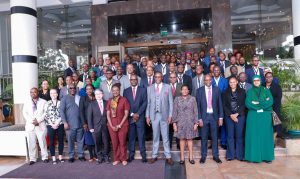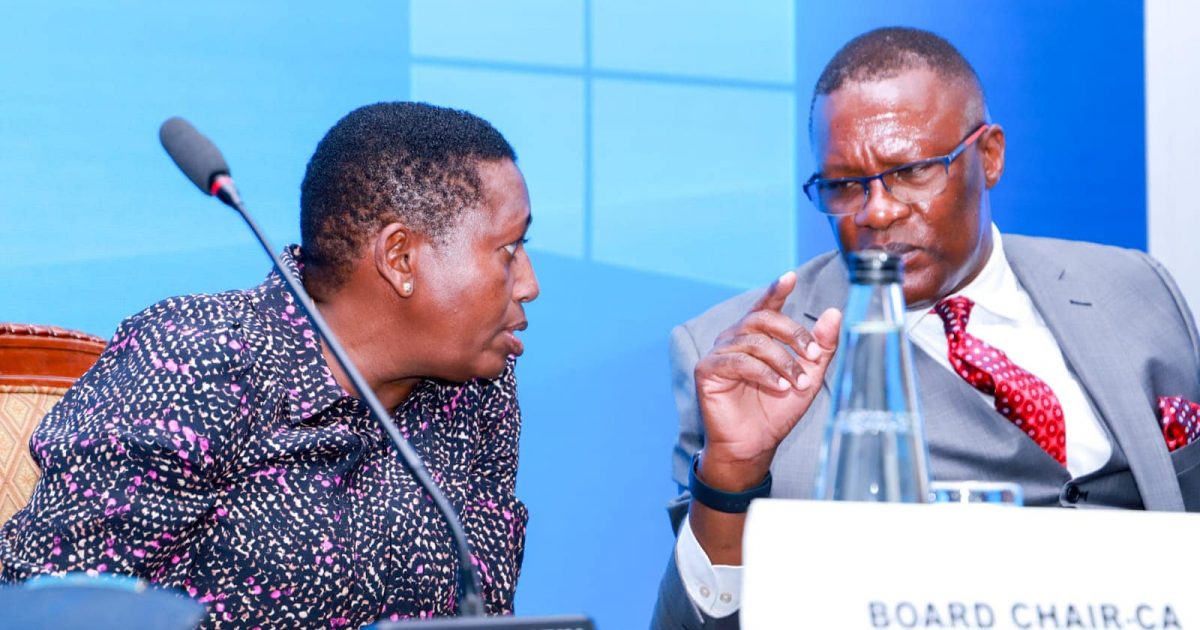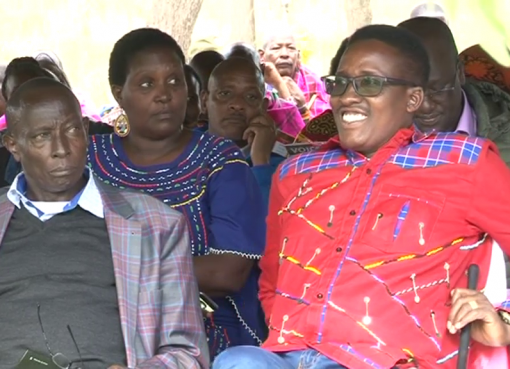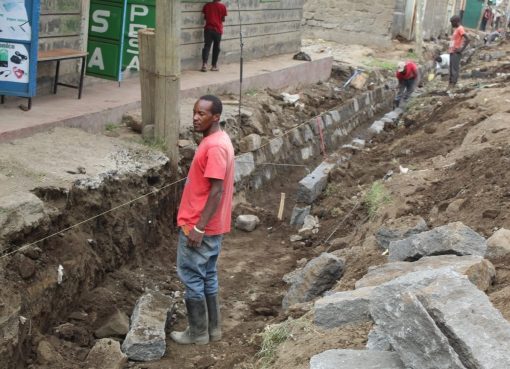Kenya is playing host to the Second Africa Regional Preparatory meeting for the upcoming World Telecommunications Standardization Assembly (WTSA) 2024, scheduled for October this year in New Delhi, India.
The meeting being organized by the Communications Authority of Kenya (CA), in collaboration with the African Telecommunications Union (ATU), is geared towards formulating common positions and safeguard the interests of Africa at the forthcoming WTSA and The World Telecommunication Development Conference (WTDC).
Ministry of Information, Communications and The Digital Economy, Cabinet Secretary (CS), Eliud Owalo, lauded the ATU for convening this workshop, to ensure that Africa is not only prepared to effectively participate in WTSA-24 but also speaks with one voice.
Speaking in Nairobi on Monday, when he officially opened the meeting, Owalo said…“Our region has, for far too long, lost many opportunities through the pursuit of narrow national interests, instead of championing our common good as Africans. Regional Preparatory Meetings of this nature, therefore, need to become the norm rather than the exception.”
Owalo explained that Telecommunications standards are the lifeblood of ICT connectivity and industry developments.
“I say this because ICT standards, provide manufacturers with a solid basis on which to compete in the global marketplace unhindered by technical barriers,” said the CS, insisting that without standards, users would pay more for ICT goods and services.
Owalo highlighted that consumers of ICT would bear the full cost of the lack of compatibility, interoperability, and seamless communications across diverse platforms and technologies.
“I would like to thank the ITU for transformative standardization work across many areas of ICT, including advanced wireless, broadband, and multimedia technologies. Strong institutions such as the ITU, need to be nurtured and supported to continue redefining innovations in the rapidly evolving ICT sector,” said Owalo.
The CS said that Kenya recognizes ICTs as the driver of the digital transformation of its economy and as a result of sustained private sector investment and an enabling policy and legal environment, the ICT sector in Kenya has continued to post positive growth in the last 10 years.
He highlighted that according to the 2023 Economic Survey Report, the ICT sector recorded a 9.9% growth in 2022, up from 6.1% in 2021, on the back of mobile money transfers.
“To further propel this upward trajectory, the Ministry of Information, Communications and the Digital Economy has rolled out 2,261 public Wi-Fi Hotspots across the country and on-boarded 15,372 Government services to the e-citizen portal. A local assembly plant for smartphones and other devices was established in Nairobi, with an output of 4,500 units per day at a unit price of US$50. From the launch in October 2023 to December 31st 2023, the plant had produced 194,000 units and provided employment to 310 members of staff,” said Owalo.
He explained that the factory can produce three million devices annually, adding that local assembly of smartphones will go a long way in addressing the challenge of counterfeit handsets in the country.
“A total of 8,419 km of National Optic Fibre Backbone Infrastructure has been constructed, and 2,261 public Wi-Fi hotspots deployed,” said Owalo.
CA Board of Directors Chairperson Mary Mungai said that as the regulator for the ICT Sector in Kenya, CA has actively participated in several forums organized by the ATU.
“I believe our common interests with the rest of Africa will help us express our concerns at the WTSA-24 later this year,” said Mungai.
She explained that standardization issues are crucial for providing quality ICT services to citizens in a way that truly reflect the African experience.
“It is important to reflect carefully about the future of ICT standards and development in our region. What we should really focus on is building resilient ICT systems to boost our socio-economic development,” she said.
She advised that if we do not pay attention to global ICT standards, the African region risks becoming the dump-yard of counterfeit and substandard equipment.

“With the short lifespan associated with counterfeits, the threat of e-waste management will ultimately become real and catastrophic. As we focus on deepening digital transformation in our respective countries, the issue of telecommunications standards therefore needs to be accorded top priority,” she said.
ATU Secretary General, John Omo, said that one of the proposals for African countries in the WTSA-24, is to have a common emergency telecommunications number.
“Africa has a number of challenges, including disasters such as cyclones, sand storms, floods among many others and the disasters don’t know boundaries and so there is need for a common network for African countries to speak to each other,” said Omo.
He explained that there is need for African countries to develop common protocols so that emergency teams handling the disaster in different countries can communicate with each other without interference across communications networks.
On the investment gap in Africa, Omo said that the World Bank four years ago estimated that the continent will need an average of US $100 Trillion, to ensure that everyone is connected to the grid in terms of high speed broadband.
By Joseph Ng’ang’a




